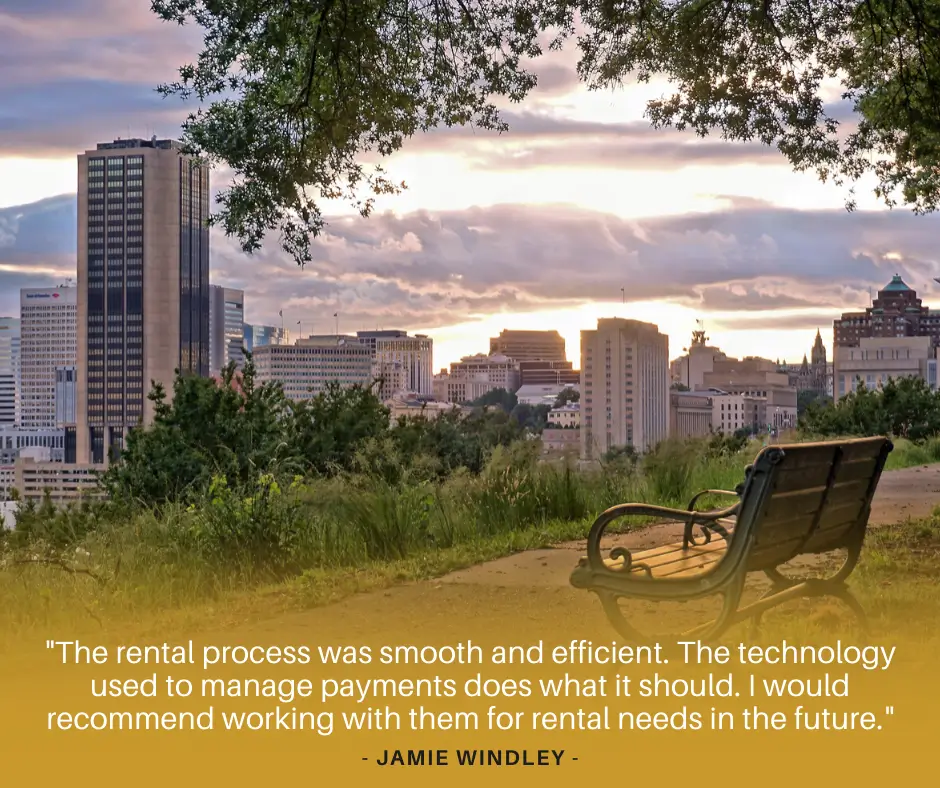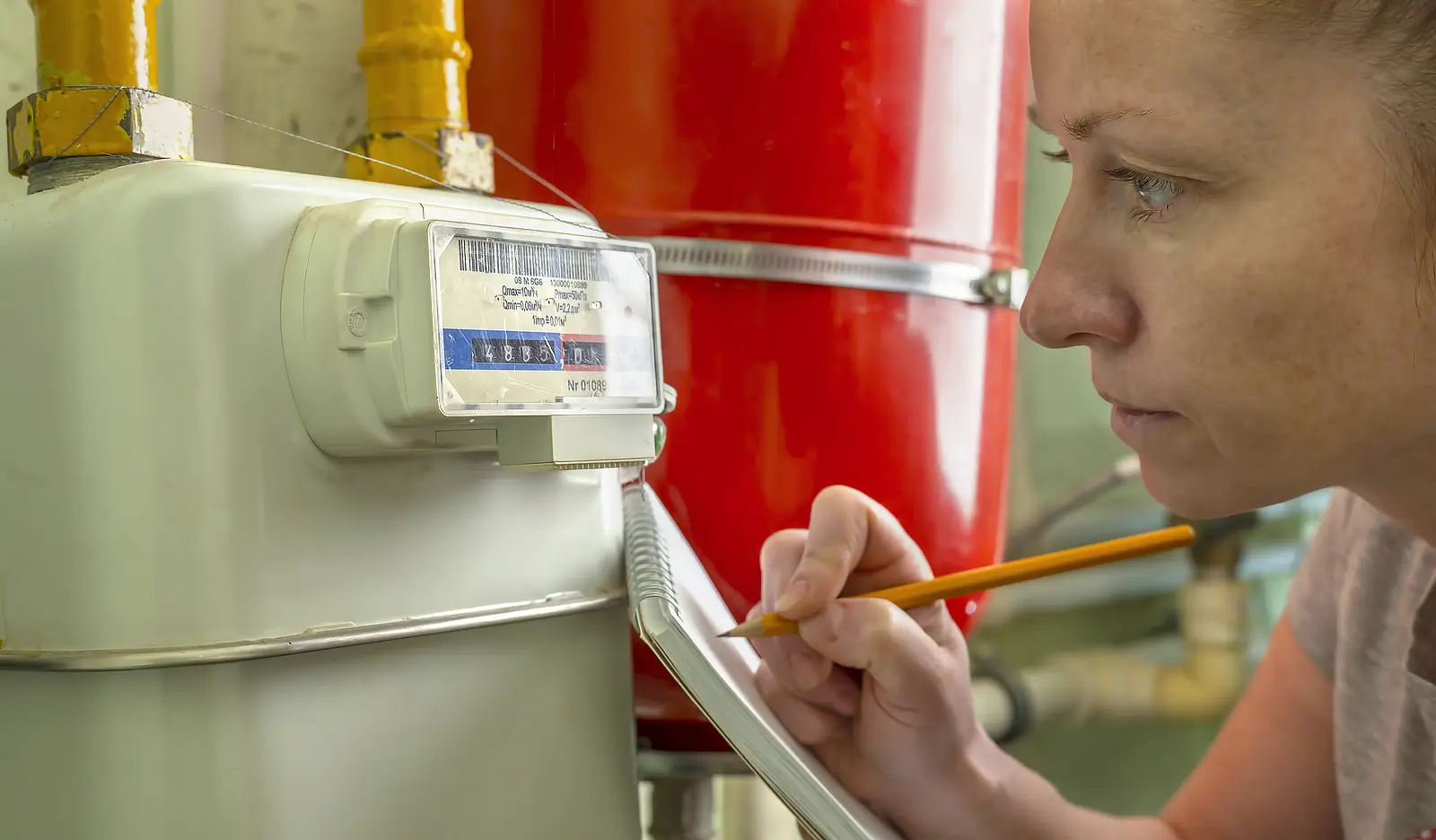Managing utility costs in a rental property can be tricky, especially when multiple tenants are involved. From tracking utility usage to splitting utility bills fairly, both landlords and tenants want accuracy, transparency, and efficiency. Smart meters and fair billing systems like the Ratio Utility Billing System (RUBS) are helping property owners and renters in Richmond achieve precisely that.
With the right approach, innovative utility management doesn’t just cut utility expenses — it can improve tenant satisfaction, boost cash flow, and ensure compliance with local regulations. Whether you’re a landlord looking to control costs or a renter who wants more control over energy usage, the right tools make a big difference.
Key Takeaways:
- Fair utility billing matters — Smart meters and RUBS make utility charges more accurate and transparent.
- Smart meters save time and money by tracking actual usage, reducing waste, and eliminating the need for manual meter readings.
- Better utility management boosts tenant satisfaction — Fair splits and transparency build trust between landlords and tenants.
Why Smart Utility Management Matters in Rentals
In a shared rental property, splitting utility costs can become a point of tension. When utility types like electricity, gas, and water are billed at a flat rate, some tenants end up paying more than their actual usage, while others pay less. This can lead to disputes and lower tenant satisfaction.
Innovative utility management solves this by tracking actual usage, ensuring fair billing, and promoting energy-efficient practices. By using smart meters and the Ratio Utility Billing System, landlords can allocate costs based on usage trends, square footage, or number of occupants. This makes utility bills more accurate and fair for everyone.
The Role of Smart Meters in Utility Management
A smart meter is an advanced device that records your energy use in near real-time and automatically sends the data to your energy supplier. This eliminates time-consuming manual readings and ensures accurate billing.
For tenants based in Richmond, having a smart meter installed means:
- More control over energy bills by tracking energy usage daily.
- Better understanding of how electricity and gas are consumed.
- The ability to spot patterns and make changes — sometimes lowering heating or cooling by just one degree can make a noticeable difference in utility expenses.
Landlords benefit too. Accurate utility accounts reduce disputes, and usage transparency encourages tenants to adopt energy-efficient habits. This can result in lower overall energy consumption and reduced wear on property infrastructure, like heating systems and external walls.
Ratio Utility Billing System (RUBS): Fair Splits for Shared Utilities
In multi-tenant properties, the Ratio Utility Billing System is a practical solution. Instead of splitting bills equally, RUBS divides utility charges based on factors like:
- Square footage of each unit
- Number of occupants
- Actual usage when metering is possible
This approach means more occupants who use more utilities pay a fairer share, while smaller units or energy-conscious tenants are not overcharged. For landlords, RUBS offers an efficient way to manage utilities without absorbing costs or relying on guesswork.
Smart Meter Installation: What Tenants and Landlords Should Know
In Richmond, the energy billpayer, whether it’s the landlord or tenant, can request a smart meter installation from their energy supplier.
Steps for a smooth process:
- Check tenancy agreements for any specific rules about altering the property.
- Get the landlord’s permission if you’re a tenant. Ofgem (the energy regulator) states landlords should not unreasonably prevent tenants from installing a smart meter.
- Ensure compliance with local regulations.
- Schedule the installation with your energy supplier; most smart meter installations are quick and free of charge.
Once fitted, smart meters are simple to use and can be connected to in-home displays that show energy usage in real time.
How Property Management Companies Benefit from Smart Meters
For property management companies, smart meters provide a valuable tool for managing utility costs across multiple rental properties. They allow managers to:
- Monitor usage trends across units.
- Identify and address inefficiencies, such as poorly insulated external walls, to improve energy efficiency.
- Provide tenants with data that encourages energy savings.
Integrating smart meters with property management systems can create a seamless way to track utility accounts, allocate charges, and maintain compliance with local energy regulations.
The Energy Supplier’s Role
Your energy supplier is key to getting the most out of a smart meter. They handle the installation, maintain the device, and provide access to your energy usage data. Many suppliers also offer:
- Energy efficiency tips to help lower bills.
- Alerts for unusual usage patterns.
- Access to detailed usage reports, so you can track how changes in your habits impact your costs.
Working with your supplier ensures your meter stays accurate and your utility accounts remain up to date.
Challenges to Consider
While innovative utility management offers plenty of benefits, there are a few challenges:
- Privacy concerns — Tenants may be cautious about data collection, but smart meters adhere to strict privacy and data protection rules.
- Initial coordination — Arranging installation requires cooperation between tenants, landlords, and suppliers.
- Behavioral changes — Smart meters give data, but savings depend on tenants acting on it.
Final Thoughts: Smarter Utilities, Happier Tenants
Fair utility billing is about more than just numbers — it’s about building trust, promoting energy efficiency, and protecting the cash flow of your rental property. Whether through smart meter technology or the Ratio Utility Billing System, landlords can ensure transparency, tenants get fair treatment, and properties run more efficiently.
At PMI Richmond, we help property owners and landlords manage their rental properties with solutions that reduce costs, improve tenant satisfaction, and streamline operations. From innovative energy management to full-service property management, we’re here to help you get the most out of your investment.
Ready to make utility management fairer and more efficient? Contact us today to learn how we can help.
FAQs About Smart Utility Management in Rentals
Q1: Can my landlord refuse to let me install a smart meter?
Generally, no. Energy regulators state landlords should not unreasonably prevent tenants from installing a smart meter, though you should still request the landlord’s permission and follow tenancy agreement rules.
Q2: How can smart meters help lower my utility bills?
By tracking energy usage in real time, you can identify waste, adjust heating or cooling, and even make small changes like fitting reflectors behind radiators to keep more heat in.
Q3: Is the Ratio Utility Billing System fair for all tenants?
Yes, when set up correctly. It considers factors like square footage, actual usage, and number of occupants to create a fair split of utility charges.
Q4: Do smart meters work for all types of utilities?
Smart meters primarily track electricity and gas usage, but similar systems exist for water and other utilities. In multi-unit properties, RUBS can manage different utility types.
Q5: What’s the difference between a flat utility rate and RUBS?
A flat rate divides bills equally regardless of usage. RUBS bases charges on actual or estimated usage, so tenants pay in proportion to the utilities they consume.


